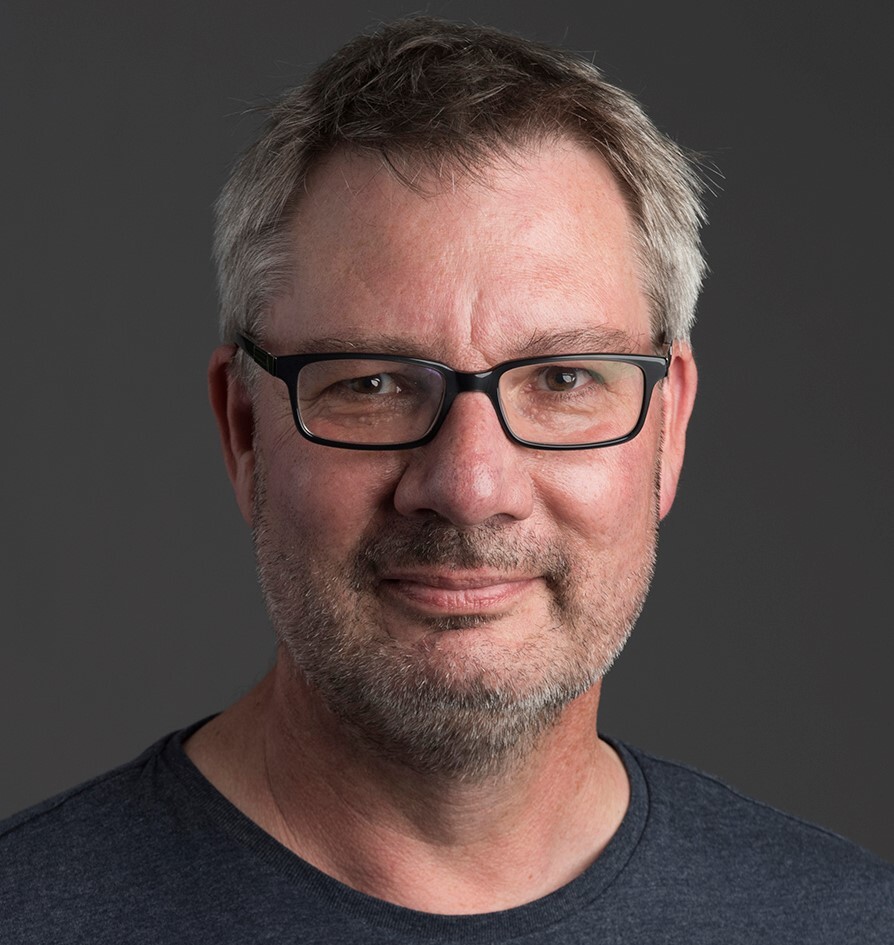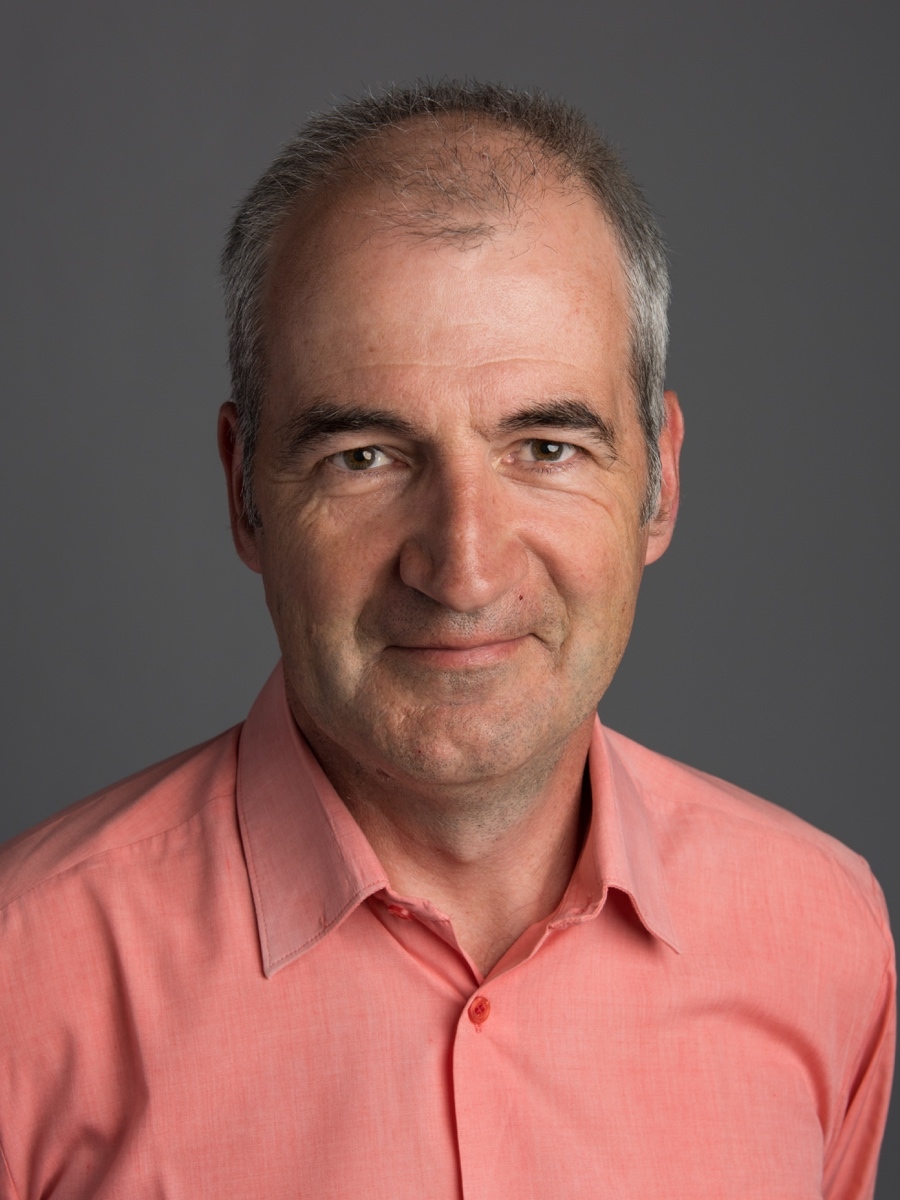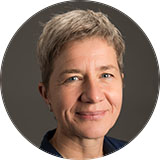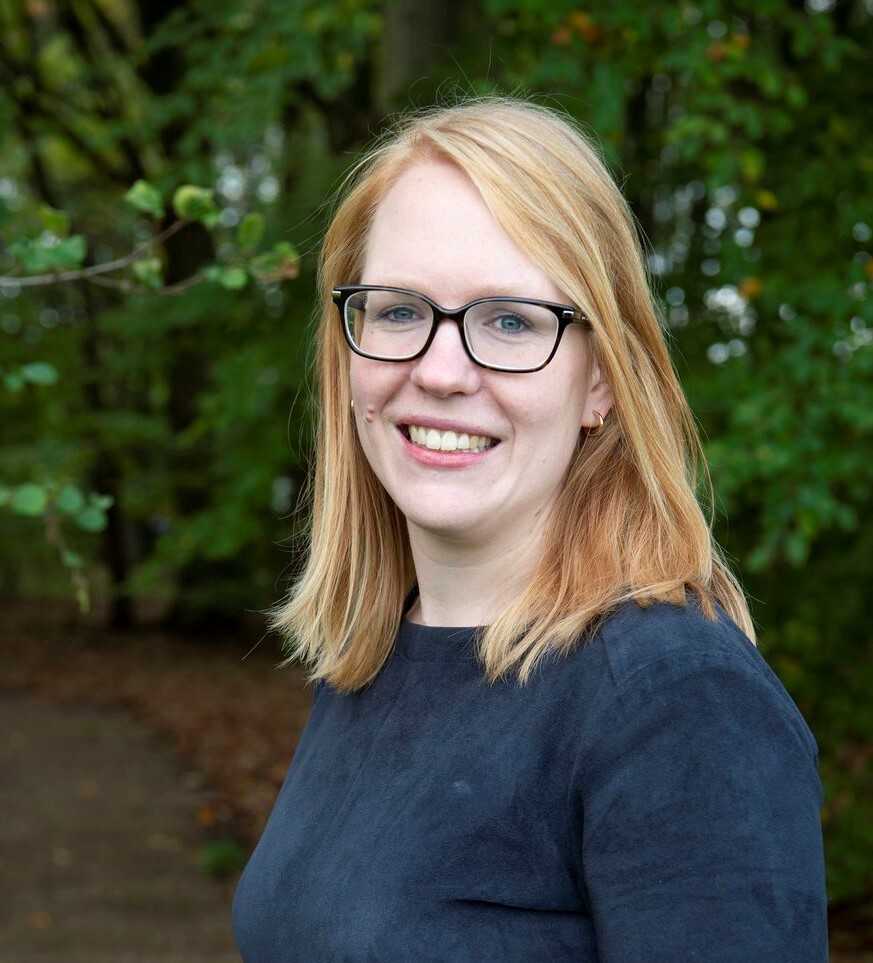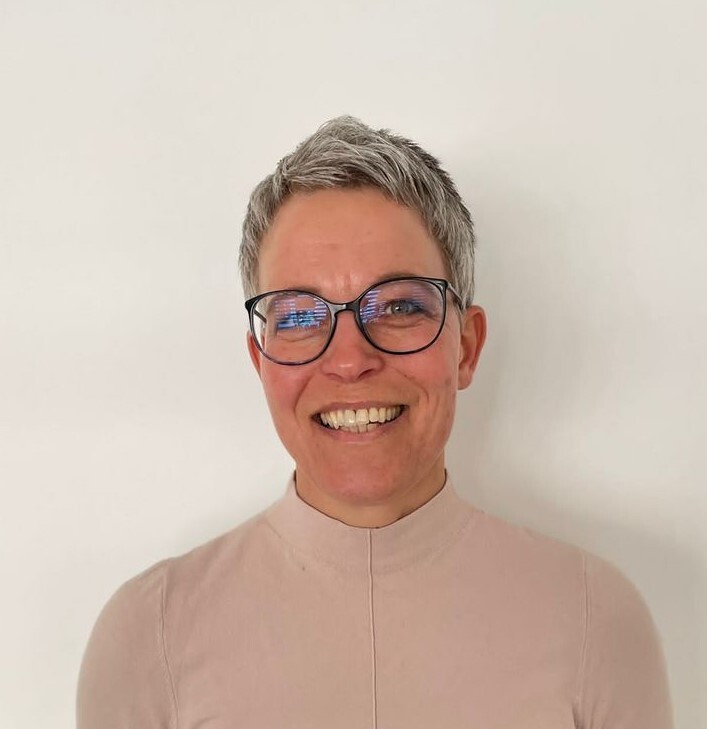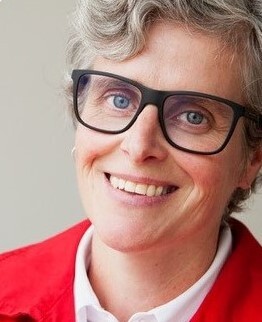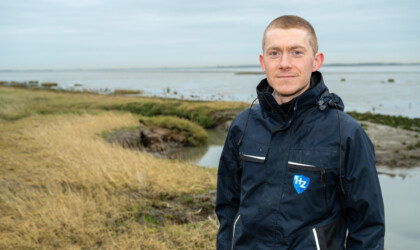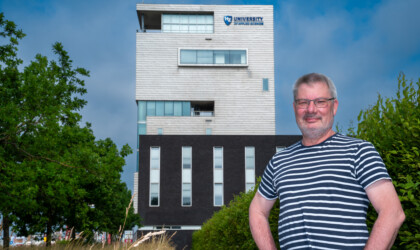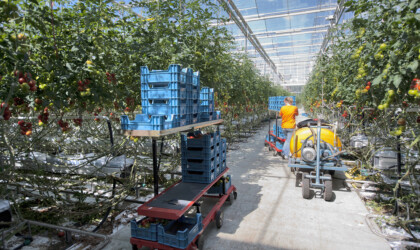Expertise and Valorisation Management (EVM) approaches complex social issues in a multidisciplinary manner. The social challenges we face, such as climate change, robotisation and limitations in economic growth are 'wicked' in nature: there is no single problem, let alone a single solution. The Expertise Management Methodology (EMM) provides a framework in which stakeholders from different backgrounds and with different, often opposing world views, search for solutions that have the broadest support. Using this methodology, knowledge gained from research is analysed and stored in a common place. Based on EMM, the social theory of a sustainable, learning society was developed. This social theory describes a process of bringing about reasoned, desirable and culturally feasible changes with a lasting impact.
EMM and the social theory are described in the on-line book We Got to Move.
Projects
Minor Fit for the Future
A Facilitator of Change makes an impact by finding desirable and strategic improvements and…
We Got to Move
The theme of this story is that we got to move. The world around us is changing. We, as members…

